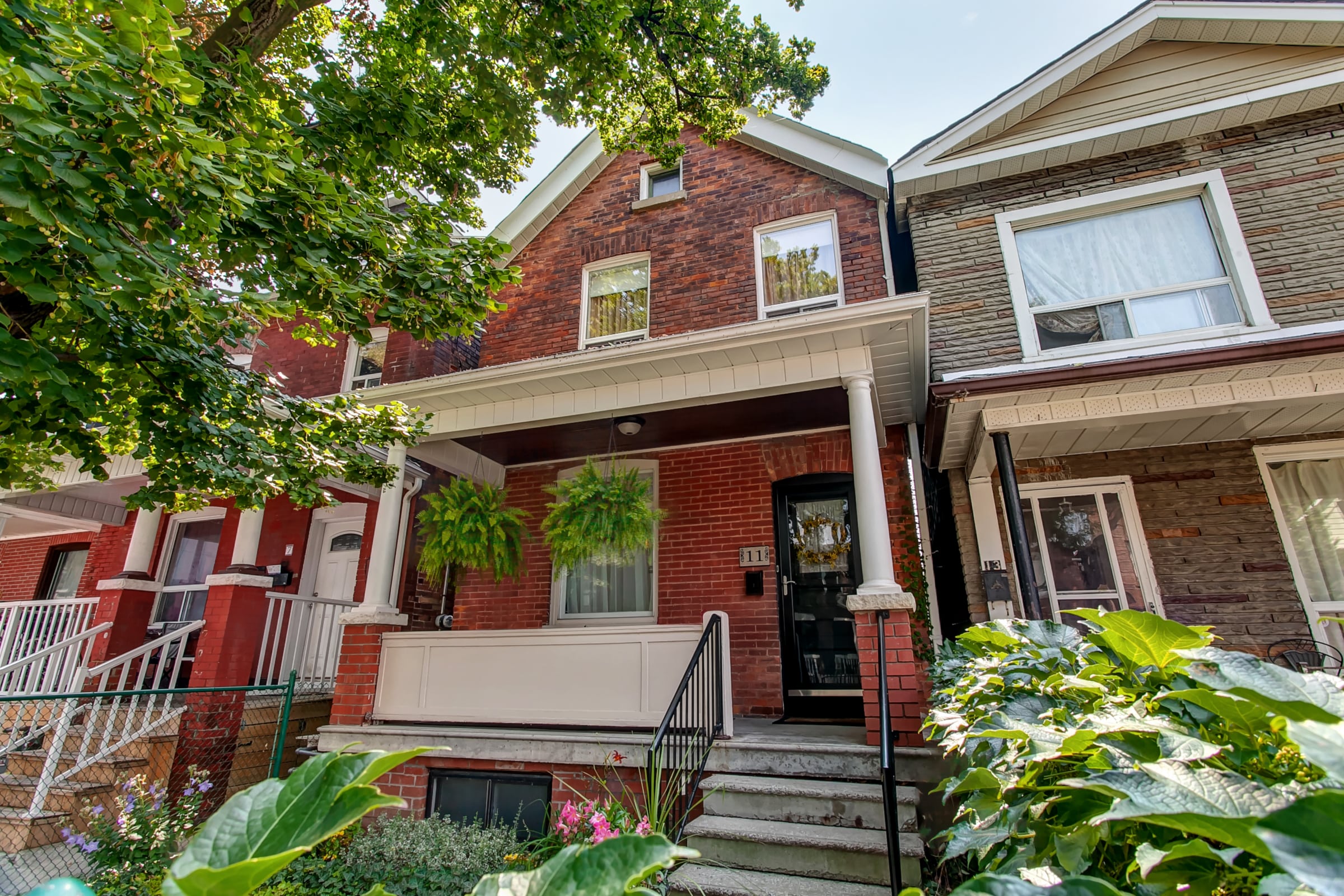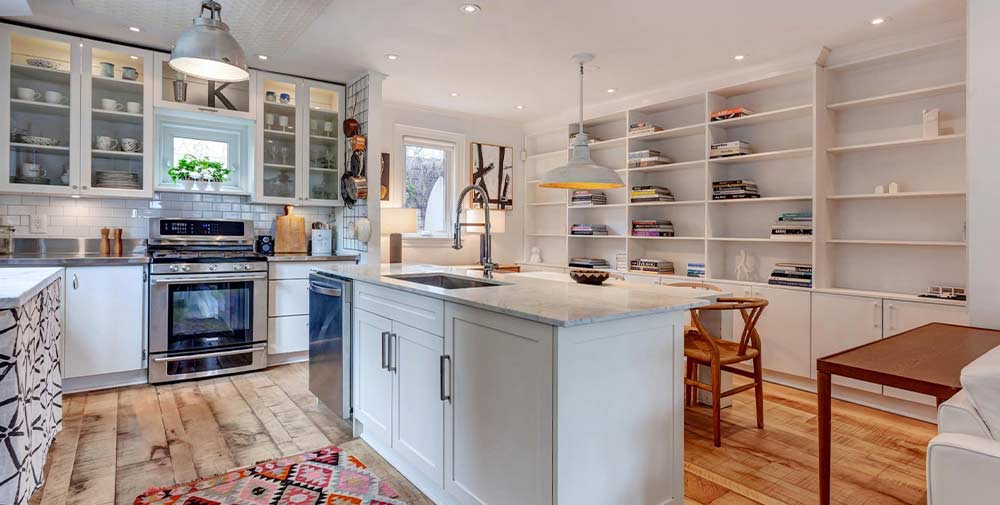One of the best things about being a real estate agent is helping happy couples find their dream homes. On the flip side, I also work with clients who are going through a divorce or separation. These experiences can be incredibly painful for the people involved, and they’re also challenging from a practical and legal standpoint.
How is a residential property divided? Who’s allowed to continue living in the house or condo that a couple once shared? Who gets the matrimonial home after separation? Who gets to profit from its sale? There’s one legal term that’s central to all of these questions: the matrimonial home.
Here’s what you need to know about this crucial family law concept…

What is a Matrimonial Home?
First things first: what is a matrimonial home? Ontario’s Family Law Act defines it as every property in which either spouse has an interest and which is now, or was at the time of separation, “ordinarily occupied by the person and his or her spouse as their family residence.”
In other words, the home where two married people live—day in, day out—is a matrimonial home. It doesn’t matter if the couple purchased the property together, or if one spouse bought it prior to their marriage.
To get an expert’s perspective, I spoke to local family law attorney Kelly Jordan. According to Jordan, you can have more than one matrimonial home. For example, here in Ontario, it’s not uncommon for both a primary residence and a cottage to count as a couple’s matrimonial homes. So long as they occupied the cottage together from time to time up until their separation, it fits the definition.
Why does this definition matter in the first place? Because once it’s been determined that a house, condo, or other structure is a matrimonial home, the spouses involved receive special protections related to it. For example, your spouse can’t sell or mortgage your matrimonial home without your permission, nor can they lock you out of it (except in certain circumstances, which I’ll discuss below).
Matrimonial Homes Rights Ontario
When a married couple decides to divorce, the spouses have an equal right to possession of the matrimonial home. This means that both parties can use the property.
There is an exception. In some cases, one spouse may be granted exclusive possession, which means they can exclude the other from the property. Kelly Jordan notes that this happens “only in exceptional cases,” citing the best interests of a child or violence between spouses as potential reasons the court might grant exclusive possession.
Another important point: while both spouses can possess the matrimonial home, it’s entirely possible for just one party to own it (whoever holds the title to the property is the owner). That said, the owner can’t sell or mortgage the home without the consent of their spouse.
Sometimes, the two parties can’t agree on what to do with a matrimonial home after separation. In these cases, one spouse can petition the court for an order of partition and sale. The court can then order the parties to sell their home and split the profits.
It’s important to note that every point I’m discussing here pertains to married couples who are separating. Jordan told me that “[c]ommon law couples do not enjoy the benefit of the protections of the matrimonial home that married couples do.”

Dividing the Matrimonial Home After Separation
Before two people can put the past completely behind them, they need to divide their property but who gets the matrimonial home after separation? I’ll start with a common misconception about what happens to the matrimonial home after separation: it’s not divided fifty-fifty.
To understand how the matrimonial home is split, you must comprehend how assets are divided in general. First, the net family property of each spouse is calculated. To determine your net family property, you would add up all of your assets at the time of your separation (and subtract your debts). You would then subtract the value of the property you had when you entered your marriage from the value of the property you had on the date of your separation.
Most likely, either you or your spouse will have a higher number. Whichever party has more is responsible for paying the other person half of the difference between the two amounts.
It may sound like a complicated formula, but there’s a rationale behind it. The idea isn’t that your spouse is entitled to half of your net worth. It’s that they’re entitled to half of what you’ve accumulated during your time as a married couple. The formula holds true for the matrimonial home—unless one spouse already owned the home at the time of the marriage.
“If a spouse brings a home into a marriage, [they don’t] get credit for the value of the home in calculating the division of property,” says Jordan. In other words, the matrimonial home after separation can be divided evenly, even in situations where other assets aren’t. One partner may hold onto all of the assets they entered the marriage with, while the spouse who owned the matrimonial home has to split its value.
The bottom line
I asked Kelly Jordan if she has any advice for couples who are thinking about purchasing a home. “It’s always a good idea to consult a lawyer about any family law consequences of buying a property together,” she says. “[T]hey should consider how the title will be held and how the property would be divided if the spouses were to separate or one of the spouses dies.”
If you’re entering a marriage, you can take steps to protect the property you currently own by entering into a marriage contract. As for all of the common law couples out there—you can hash out your wishes regarding your property in a cohabitation agreement.
Couples who move in together are usually very much in love. In most cases, it’s hard for them to imagine a day when they might not be. But life happens, and relationships don’t always last. At the end of the day, it pays to be prepared.
Are you going through a separation? Need help selling your matrimonial home? I can help. Get in touch, and we can set up a time to discuss your needs.




